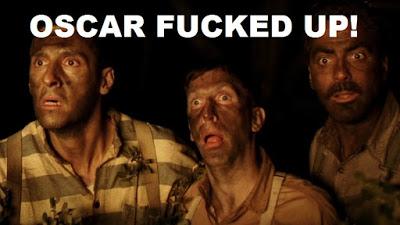Robert Rossen: All the King’s Men
William A. Wellman: Battleground
Carol Reed: The Fallen Idol
William Wyler: The Heiress
Joseph L. Mankiewicz: A Letter to Three Wives (winner)
What’s Missing
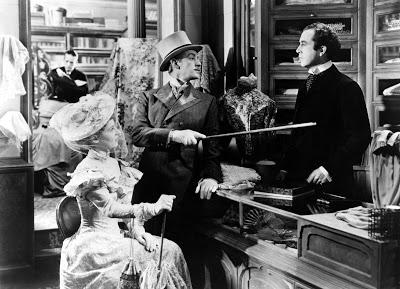
It’s rare that I look at a collection of nominees and think that, without digging in to what else was released that year, we’ve got a solid collection. I genuinely like and respect all five of the nominations. That doesn’t mean I like them all for this category, though. I think I can make a case for Henry King and Twelve O’Clock High. I might also consider Mark Robson and Champion, even if that turns out to be more melodramatic than I’d prefer. While Kind Hearts and Coronets is more about Alec Guinness than anything else, I think Robert Hamer should get a little of the credit as well. The big miss is a very big one. As much as I like The Fallen Idol, to not have Carol Reed here for The Third Man is downright criminal.
Weeding through the Nominees
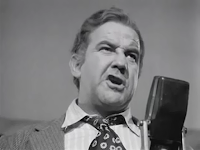
5. It’s a rare instance where the film that ultimately wins Best Picture isn’t also nominated for Best Director (although yes, it happens). There’s nothing specifically wrong about the movie or the nomination, but it’s also one where the story seems more paramount than the direction. It’s a fine movie, if not an exceptional one and the direction of it is fine if not particularly noteworthy. There are simply better choices of what we could have here instead of this one, no disrespect to Robert Rossen intended.
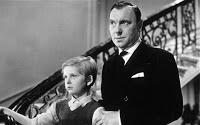
4. The Fallen Idol is deceptively directed. It’s not clear on the surface just how much work Carol Reed did on it. Evidently, the child actor was very distractible and Reed was forced to essentially cobble together a performance. And perhaps putting him in fourth is punishing him in some respect for doing such a seamless job that it’s impossible for me to see it. Honestly, it’s probably that I think Reed should have been nominated for a different film that biases me in some respect against this movie.
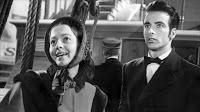
3. Of the five nominations, my guess is that I like The Heiress more than the other films. When it comes to Best Director, though, I have to squint at least a little to get the nomination. I’m a big William Wyler fan, but with this movie, it seems more like he just wound things up and let them go, and just figured out where to point the camera. I suppose he gets some credit for the knock-out performance from Olivia de Havilland, so let’s give him some credit for that. But beyond that, I think the other nominees did more.
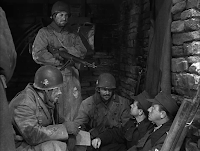
2. While science fiction and horror movies are my wheelhouse these days, I grew up in large part on war movies. In a very real sense, Battleground is a pure war movie in that it follows the ideas and tropes of a typical war movie just about perfectly. It’s a damn good war movie, truth be told, and a great deal of what makes it work is how it was filmed and the work of William A. Wellman. War is inherently dramatic, of course, but that doesn’t mean it’s inherently easy to film. Wellman did it well.

1. I can’t say that I was thrilled to watch A Letter to Three Wives when I finally got to it, and boy, was I wrong! It’s a masterful film filled with suspense and drama that feels real rather than manufactured. One of the realities of many dramas is that the drama is often heightened. That’s kind of the case here, sure, but Joseph Mankiewicz managed to make this feel real. He also managed to build real tension in the first two acts of the film. That the ending is perhaps a bit Hollywood-y wasn’t his fault; it was true to the book. It was the right pick of the nominees, but not the right pick overall.
My Choice
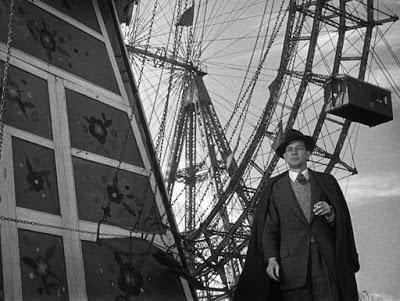
You know where I’m going with this. You knew where I was going to go with this when you finished the first paragraph. The Third Man is one of the great movies of its decade and its era. While a great deal of that can be attributed to the screenplay and the performances, a huge part of it is what Carol Reed did behind the camera.
Final Analysis
